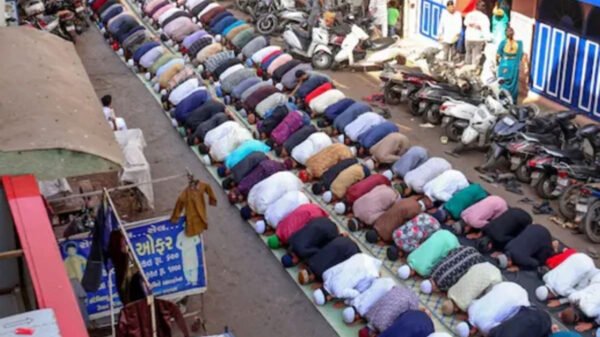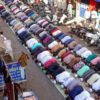ISLAMABAD: Israel launched its first major airstrike on Beirut’s southern suburbs in months on Friday, escalating tensions in response to a rocket attack from Lebanon. The strike targeted a building in Dahiyeh, a Hezbollah stronghold, which Israel claims was being used as a drone storage facility by the Iran-backed militant group.
The attack comes as the fragile ceasefire agreement, brokered in November, appears increasingly unstable. Israeli forces had already delayed a promised troop withdrawal and responded to previous rocket fire from southern Lebanon last week. Hezbollah has denied involvement in the latest rocket attack.
Escalation in Beirut and Southern Lebanon
The Israeli airstrike, which was preceded by an evacuation order and warning drone strikes, sent residents into panic as they fled the area. A large column of smoke was visible across the Lebanese capital. In response, Israeli artillery also targeted locations in southern Lebanon near the border.
Beirut’s southern suburbs have been a focal point of Israeli attacks in the past. Last year, Israeli airstrikes in the area killed several top Hezbollah leaders, including longtime chief Hassan Nasrallah in a September operation.
Ceasefire Under Strain
The November truce had stipulated the removal of Hezbollah forces and weapons from southern Lebanon, the deployment of Lebanese troops in the area, and the withdrawal of Israeli ground forces. However, both sides have accused each other of failing to fully comply.
Israeli Prime Minister Benjamin Netanyahu reaffirmed Israel’s commitment to preventing any attacks on its territory. “Whoever has not yet internalized the new situation in Lebanon has today received an additional reminder of our determination,” he stated. “We will not allow firing at our communities, not even a trickle.”
While no group has claimed responsibility for the rocket fire, the Lebanese army has launched an investigation to determine the source of the attack.
International Reactions and Warnings
The Israeli strike drew criticism from global leaders. French President Emmanuel Macron condemned the attack, calling it an “unacceptable violation of the ceasefire” and urging Israel to withdraw from five positions it still holds in Lebanese territory. Macron also announced plans to discuss the situation with Israeli and U.S. officials.
Meanwhile, the United Nations Special Coordinator for Lebanon, Jeanine Hennis-Plasschaert, warned that renewed hostilities could have devastating consequences for civilians on both sides. “Any exchange of fire is one too many,” she said, urging restraint to prevent a return to full-scale conflict.
With ongoing clashes in Gaza and heightened tensions along the Lebanon-Israel border, fears are growing that the region could be heading toward a broader conflict.










